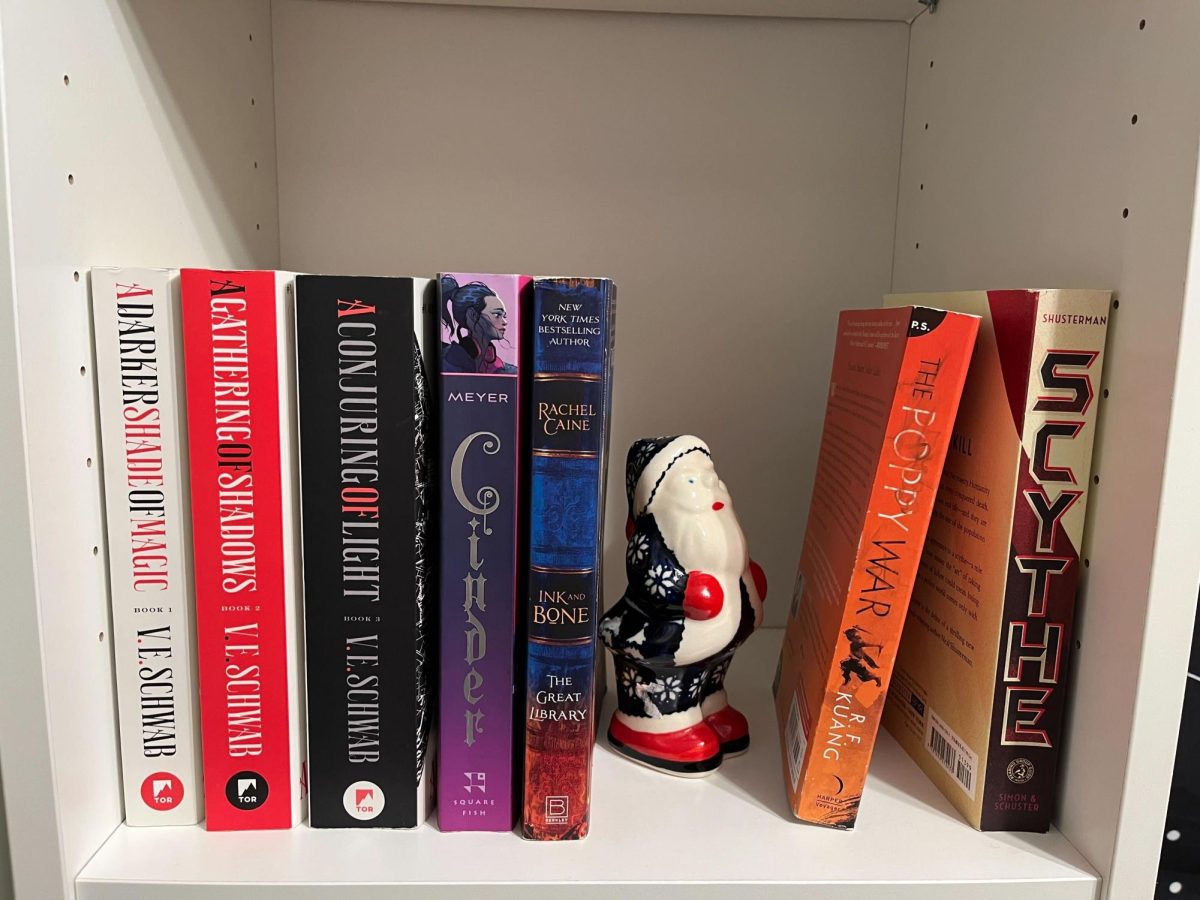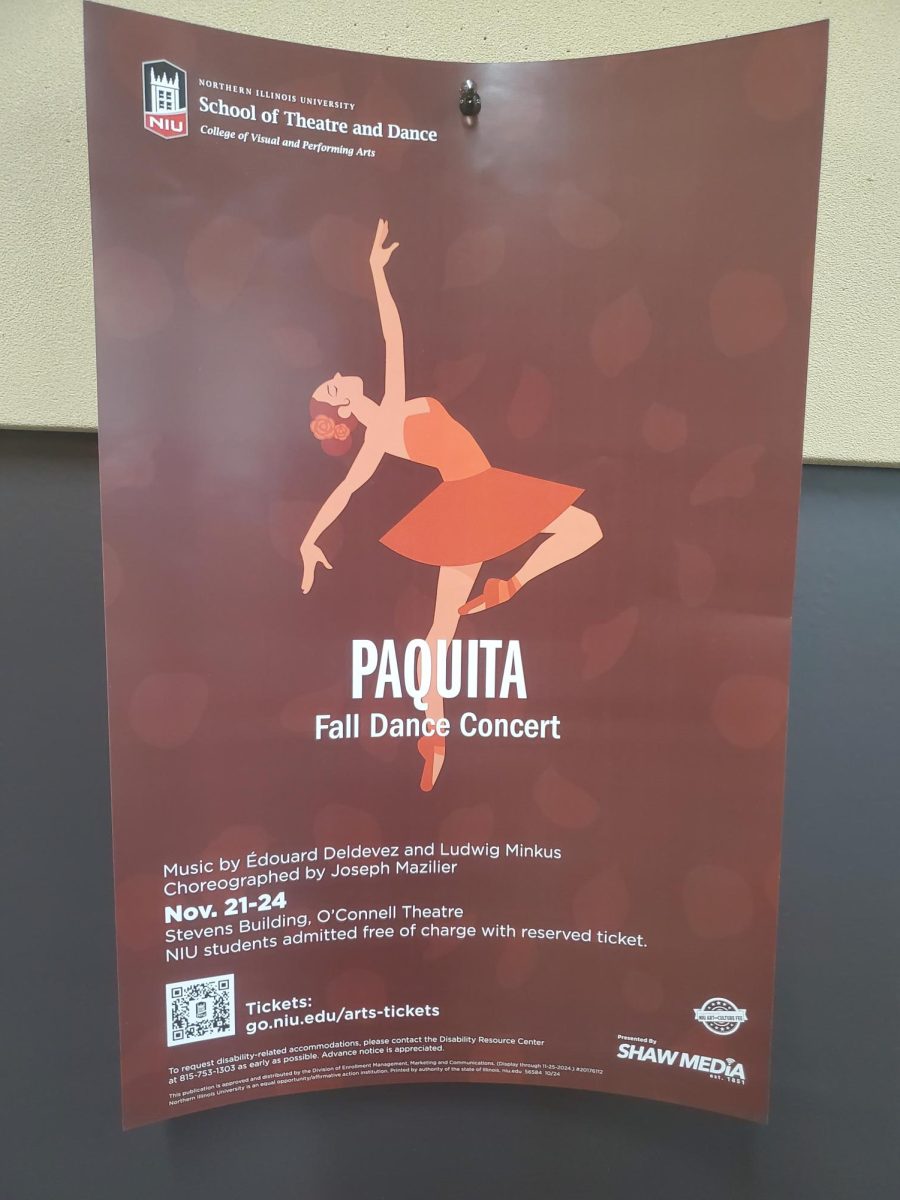With the release of Sufjan Stevens’ latest single “Will Anybody Ever Love Me?,” the eclectic indie artist makes an understated return to his folk roots.
Since the release of his critically acclaimed masterpiece “Carrie and Lowell” in 2015, Stevens has largely opted to pursue more experimental work, including the ambient instrumental album “Convocations” and “Aporia,” a collaboration with his stepfather Lowell Brams.
“The Ascension” was arguably Stevens’ most conventional work since “Carrie and Lowell.” However, it’s hard to imagine fans of the soft, melancholic indie folk style that made the artist famous in the early 2000s enjoying the sweeping, trance-like electronic sounds of tracks like “Make Me an Offer I Can’t Refuse.”
“Will Anybody Ever Love Me?” ventures into familiar territory for Stevens, pairing lonely, lovelorn lyrics with stripped down accompaniment by acoustic guitars and a banjo. Still, beneath the folk instrumentation is a drum machine drenched in reverb pounding a distractingly exotic rhythm, demonstrating that Stevens isn’t quite willing to fully go back to his status quo.
Despite these interesting subtle touches, the new track is not at all among Stevens’ boldest or most daring releases. While I was never able to fully embrace the rather inaccessible sound of “The Ascension,” I can’t help but be slightly disappointed that he seems to have fallen back on an old formula, instead of continuing his experimentation and explorations of new sounds and styles.
The lyrics, on the other hand, are an abstractly poet description of loneliness and the excruciatingly painful feeling of being unlovable. Stevens cathartically expresses these emotions with his signature soft, whispery vocal style, giving the words he sings a sense of personal authenticity.
Regardless of what the critics and his fans think, though, the bottom line is that Stevens will always do exactly what he wants to do at any given time. Between 2006 and 2012, he wanted to record 10 volumes of Christmas songs, so he did just that. Similarly, he followed his indie-folk debut album with 2001’s “Enjoy Your Rabbit,” an 80 minute collection of songs inspired by the Chinese zodiac animals.
Now, as he quietly returns to his roots, one thing remains clear: The creative willpower of Sufjan Stevens is a force to be reckoned with, and I have no doubt that his future releases will remain as delightfully unpredictable as they have been for nearly 25 years.















